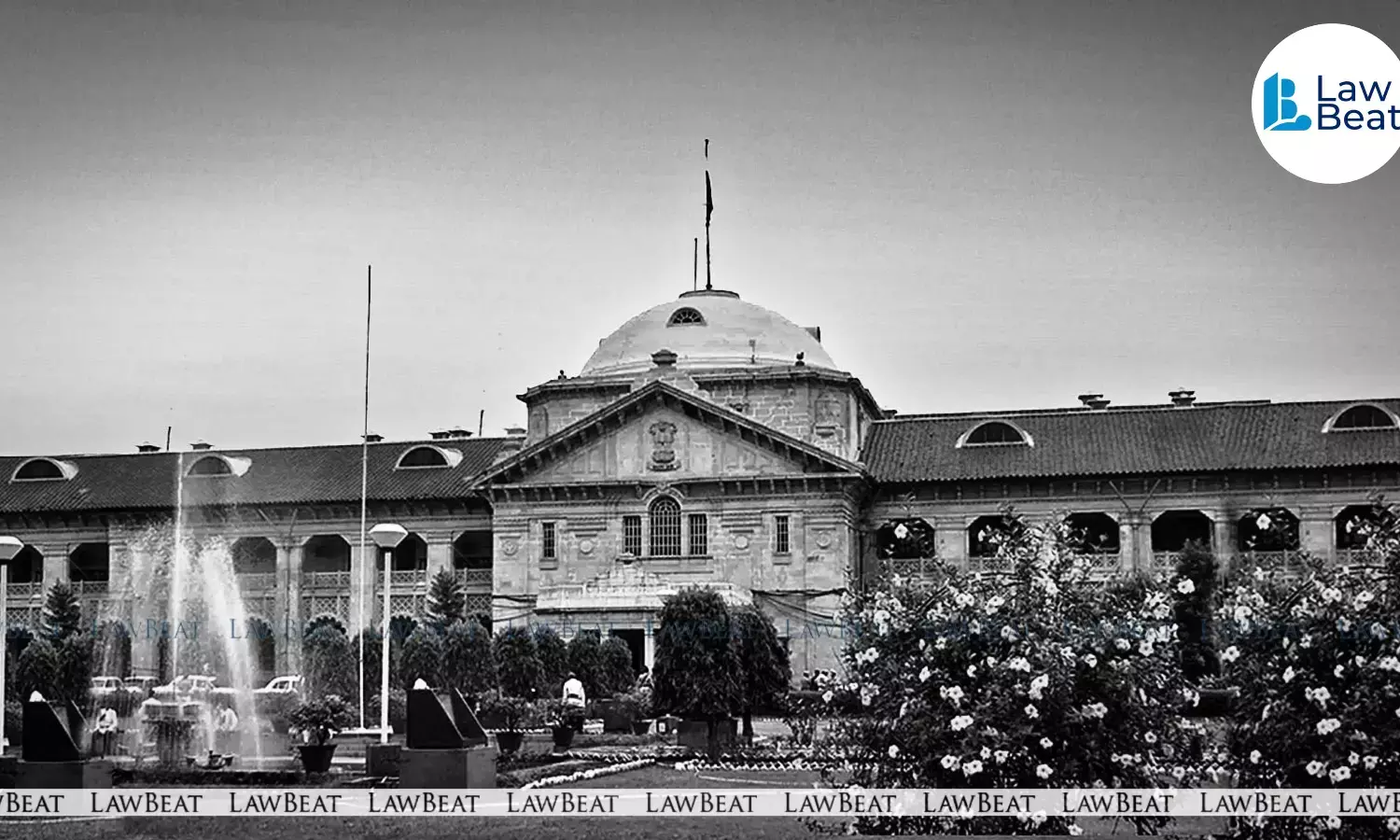‘A Single Act Too Can Disturb Public Order’: Allahabad High Court Upholds NSA Detention of Mau Resident

Allahabad High Court dismisses habeas corpus petition, upholding a man's NSA detention over public order disturbance
The Allahabad High Court recently dismissed a habeas corpus petition filed by Shoaib, a Mau resident detained under the National Security Act, upholding the District Magistrate’s decision to keep him in preventive custody for twelve months for acts that the court held had vitiated public order in the region.
Court noted the material placed before the District Magistrate showed that the petitioner’s conduct following a motorcycle altercation on November 15, 2024, and the cascading events in its aftermath, resulted in a situation far graver than a routine law-and-order issue.
It held that the ensuing violence, communal mobilisation and disruption of civic life demonstrated a clear impact on public order, warranting the exercise of preventive detention powers under Section 3(2) of the NSA.
The incident began when the victim, Sukkhu, returning home around 6.30 pm, was allegedly hit by Shoaib’s motorcycle. After the initial quarrel, the FIR stated that Shoaib called his associates, who then assaulted the victim with a knife, causing grievous injuries to his neck and shoulder. The victim fainted on the spot and was taken first to the Community Health Centre, Ghosi, and later referred to the district hospital and Banaras Hindu University’s medical facility due to his critical condition.
While Sukkhu was undergoing treatment, a large crowd reportedly gathered at the hospital. Court noted that groups allied to both sides assembled in significant numbers, leading to clashes, stone pelting, and widespread panic within the facility. Patients fled, doors and windows of multiple wards were damaged, and essential equipment suffered destruction. The Superintendent of the Community Health Centre later wrote to the police expressing fear among staff and the need for security deployment.
As the situation escalated, another crowd of approximately 200–250 persons congregated at Badagaon/Bharauti, blocking the Ghosi–Dohrighat main road and causing distress to women and children stranded there. When the police attempted to disperse them, the mob allegedly shouted slogans, hurled abuses, and started pelting stones. Several police vehicles were damaged, and multiple police personnel, including the Circle Officer and Station House Officers, sustained injuries. Shops were shut, residents retreated indoors, and the administration deployed PAC units and forces from multiple police stations to restore normalcy.
Court noted reports from schools stating that parents were afraid to send children to class, while households refrained from stepping outside. It also highlighted intelligence inputs indicating that supporters of the petitioner were allegedly threatening members of the other community and that the petitioner, while evading arrest, had vowed revenge, contributing further to communal tension.
Shoaib argued before the high court that he had no involvement in the mob violence, was himself injured, and came from a poor background with no influence to incite riots. He submitted that the police had falsely portrayed an ordinary criminal incident as a public-order disturbance to justify NSA action.
The State, however, maintained that his initial assault triggered widespread unrest, and that the District Magistrate had correctly applied the legal distinction between law and order and public order.
The bench of Justices J.J. Munir and Sanjiv Kumar held that the District Magistrate’s subjective satisfaction was founded on relevant and proximate material, emphasising the direct fall-out of the petitioner’s act, the communal mobilisation it unleashed, the damage to public property, injury to police personnel, and the shutdown of civic life in the locality.
It concluded that a single act could amount to a public-order disturbance depending on its impact, and that in this case the disruption was substantial.
"The point that was sought to be made on behalf of the petitioner that, after all, it was a single act which constituted an offence, at the most a violation of law and order, is also without substance. A single act has consistently been held to be sufficient to constitute violation of public order, if it impacts the even tempo of life to that extent in the circumstances that it is committed," the judgment read.
Court accordingly dismissed the habeas corpus petition.
Case Title: Shoaib (Corpus) vs. State of U.P. and others
Judgment Date: November 17, 2025
Bench: Justices J.J. Munir and Sanjiv Kumar
